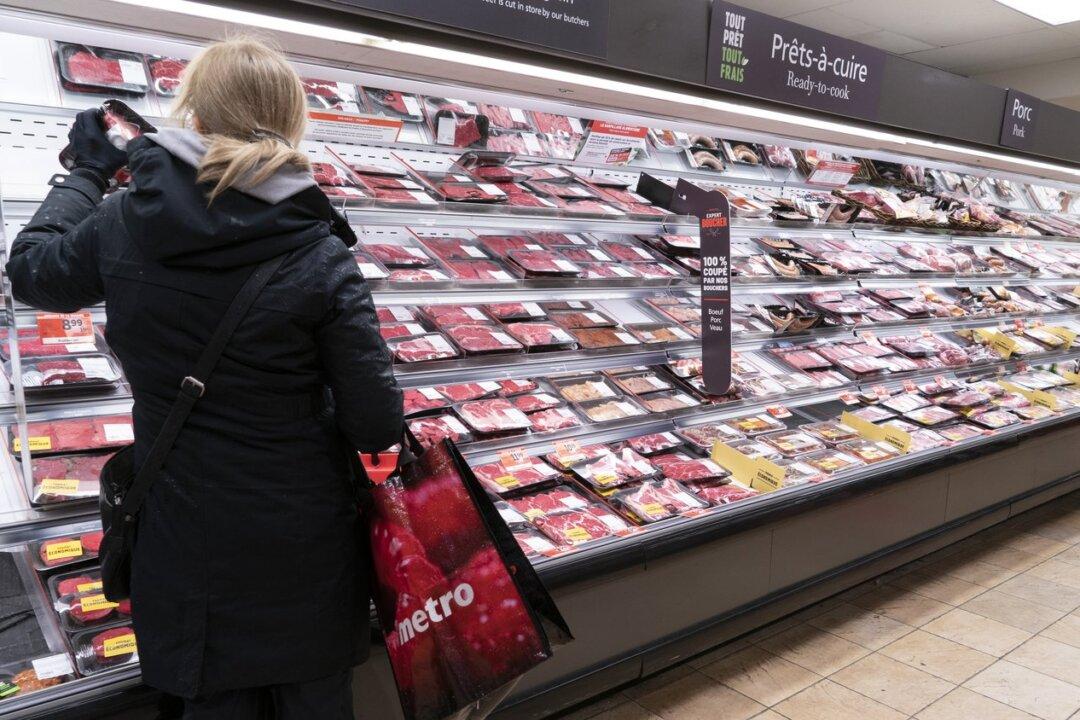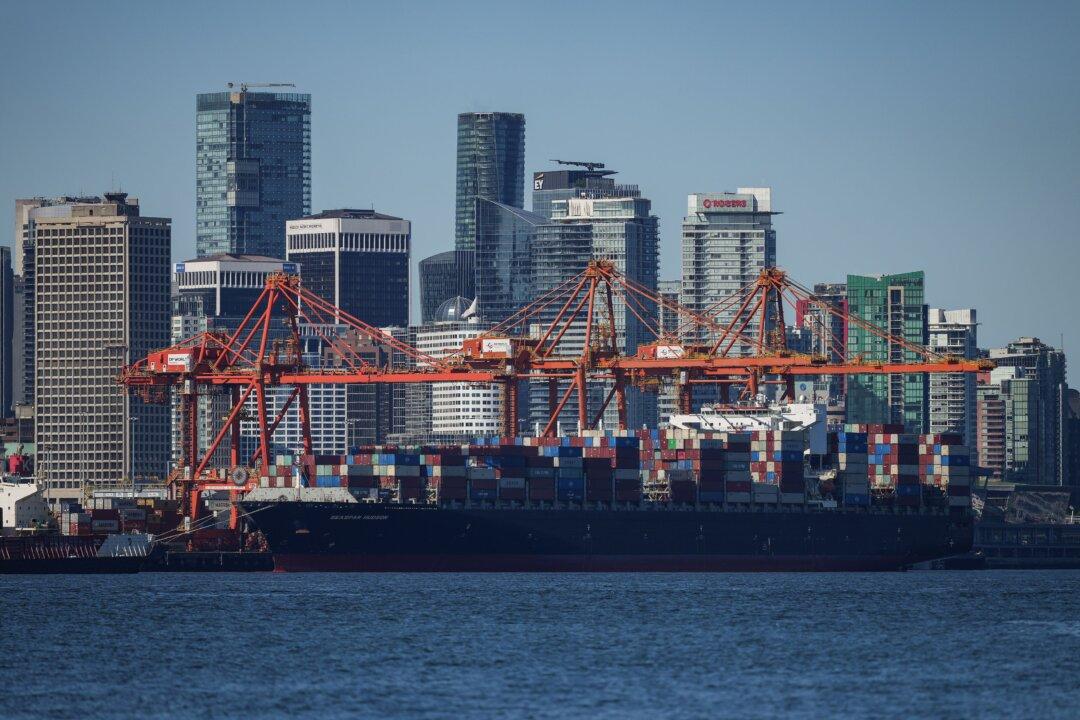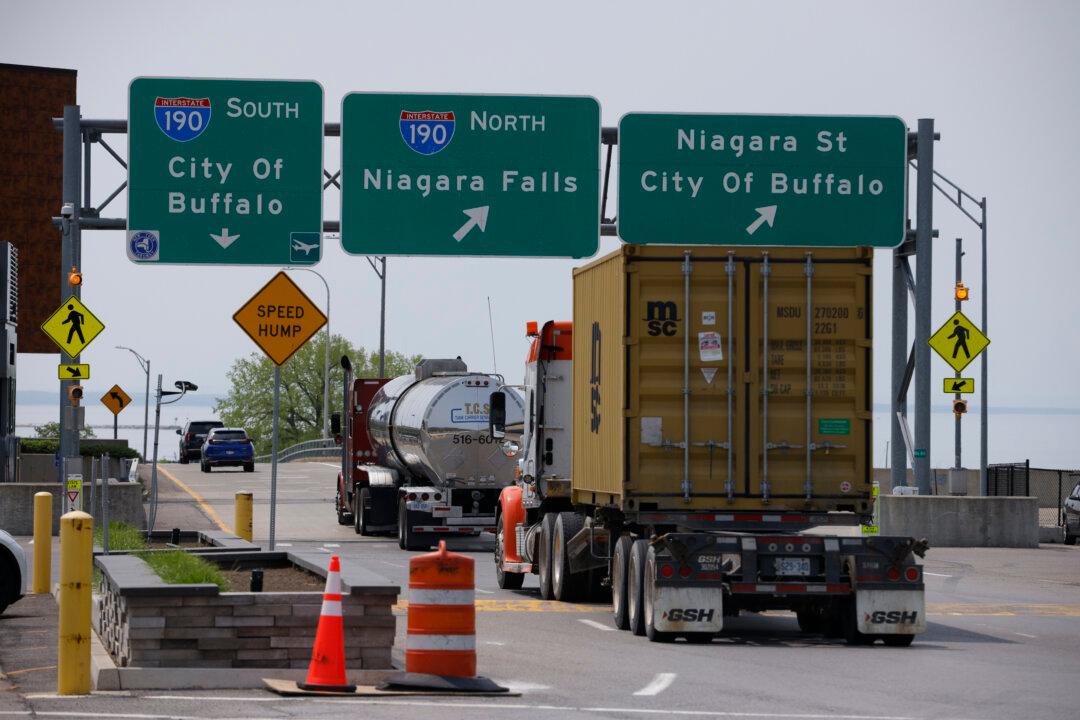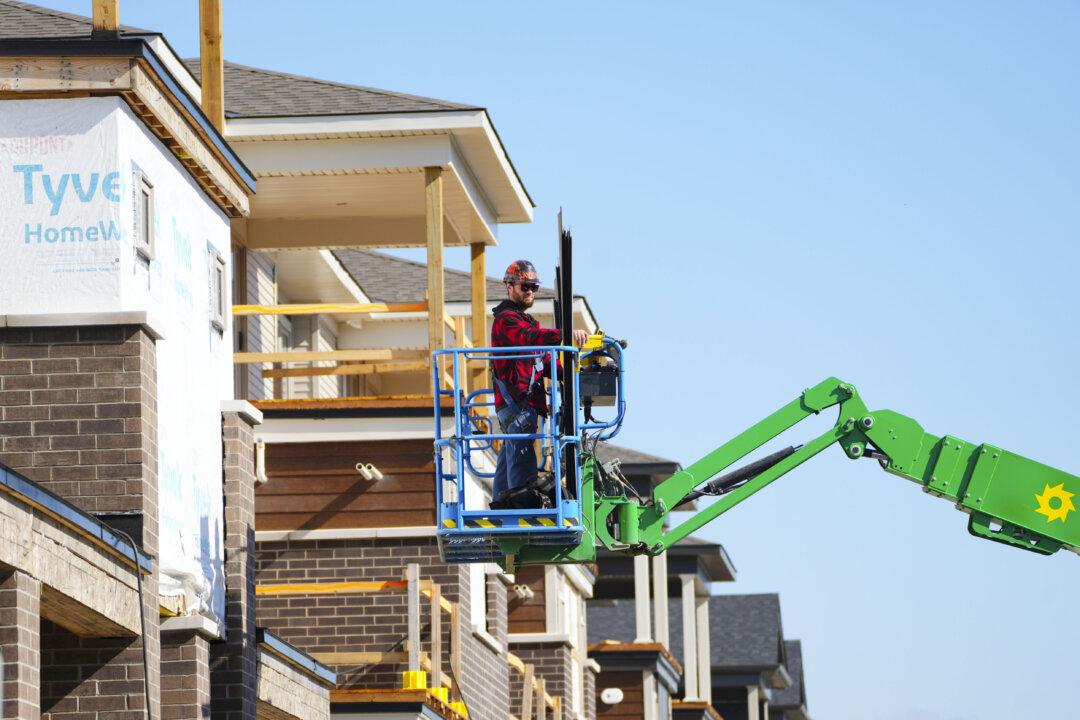Commentary
Recently, Canadians have taken to their social media feeds to post videos lamenting their inability to get ahead and even pay the bills. It’s heartbreaking stuff to watch. But we need to be aware of it because it reminds us of what really matters right now in our country.





